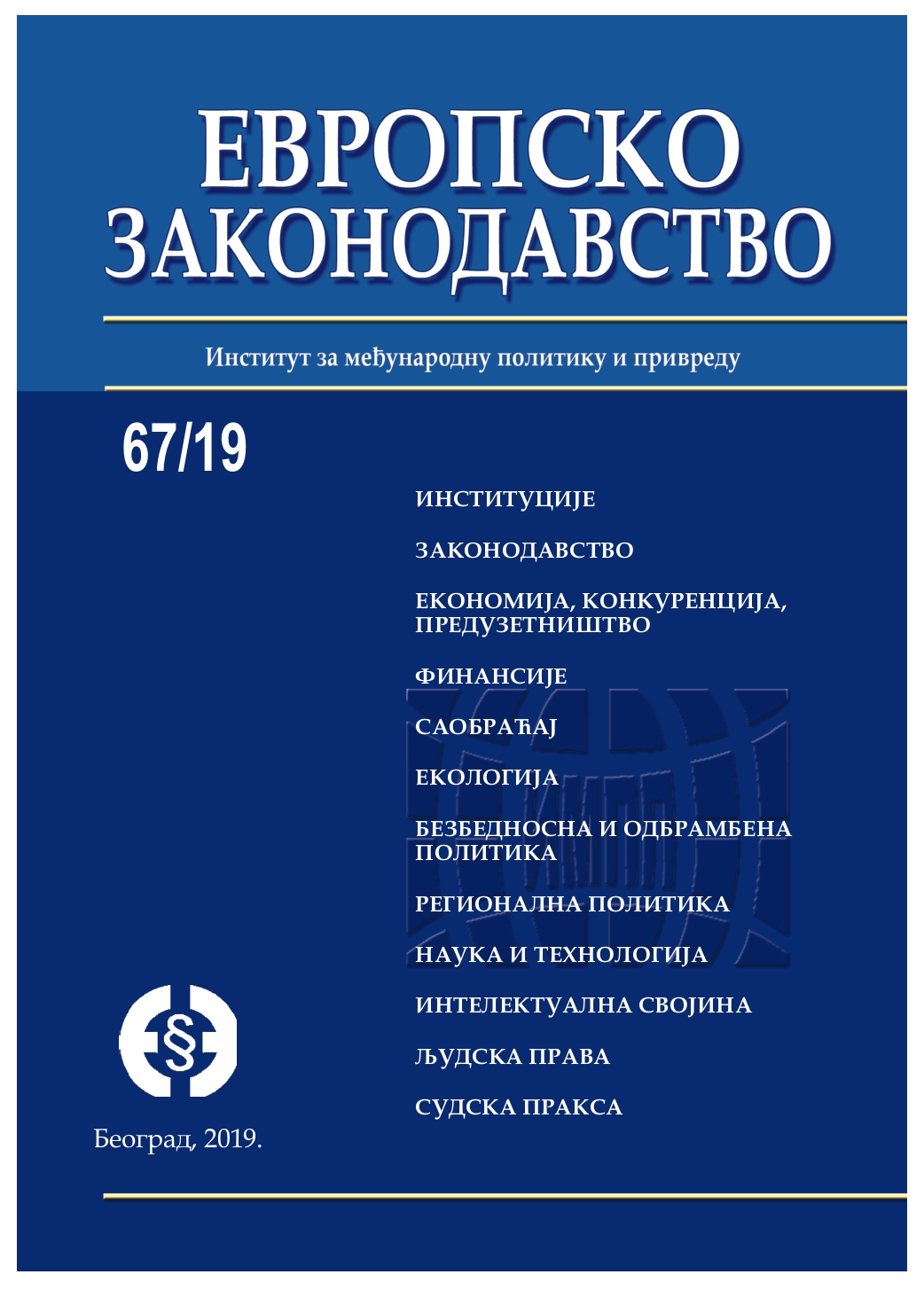Евроинтеграције као механизам за реализацију права етничких заједница
European integration as mechanism for the imlementation of the ethnic community rights
Author(s): Stefan JojićSubject(s): Law, Constitution, Jurisprudence
Published by: Институт за међународну политику и привреду
Keywords: European integration;European Union;ethnic conflict;minority rights;Estonia;Macedonia;Turkey
Summary/Abstract: European integrations are attributed with the power of beneficial influence to the realization of the rights of ethnic groups within the candidate countries for the membership in the European Union. In this sense, the process of joining the Union has pacifying effects on intra-state ethnic conflicts, since the state is expected to settle disputes and achieve internal political stability before accession. Namely, the candidate country is expected to provide its minority ethnic communities with rights in accordance with the standards set by certain acts and values embedded in the foundations of the European Union. The process of European integration, by its nature, implies states’ harmonization with the communitarian system, values and legislative. Besides harmonization, which is universal, known in advance and the same for every candidate, European integration provides the Union with a capability to condition candidate state’s advancement with the implementation of certain policies, some of which may refer to the protection of minorities. European integration, of course, is not the only factor that shapes the process of regulation of ethnic relations in a state. It is also affected and determined by domestic forces and circumstances in a candidate state. This article examines the determinants and potential of European integration’s power of regulation of intrastate ethnic conflicts. For that purpose, we will explore the role of the EU and integration’s effects on the problem of the Russian population in Estonia, the Albanian question in Macedonia and the Kurdish problem in Turkey. Conditionality of European integration has a positive impact on the status of minorities in candidate states, but not always the same or as a sole factor. Conditionality, on the one hand, is affected by strong EU’s or its important members’ interests, and in that sense, it may act inconsistently and with different degree of conditioning in different cases. On the other hand, conditionality may affect ethnic conflict only in combination with other factors, primarily, domestic circumstances in a candidate state, such as its political elites’ evaluation of the reward and its cost or relative distribution of power between the state and its minority community.
Journal: Европско законодавство
- Issue Year: 2019
- Issue No: 67
- Page Range: 299-322
- Page Count: 24
- Language: Serbian

